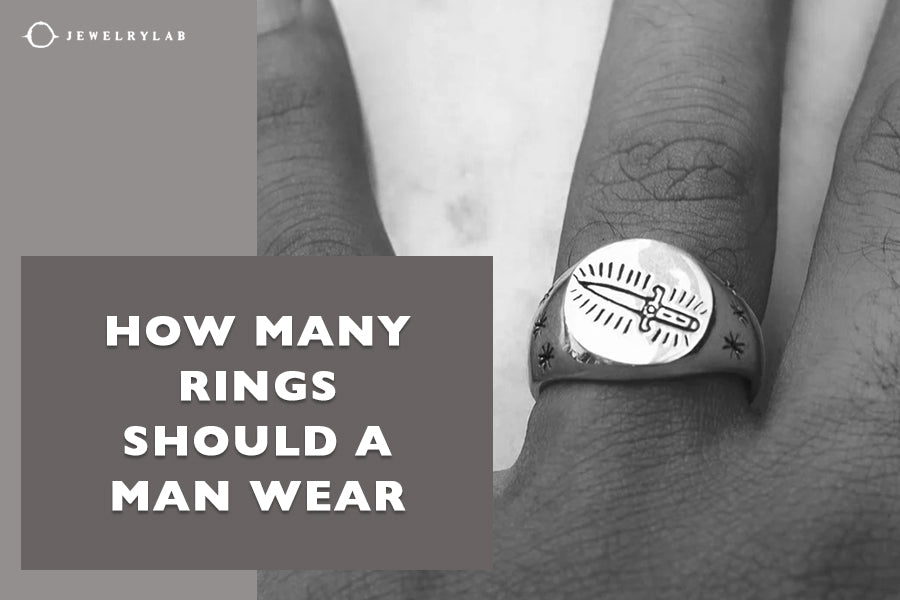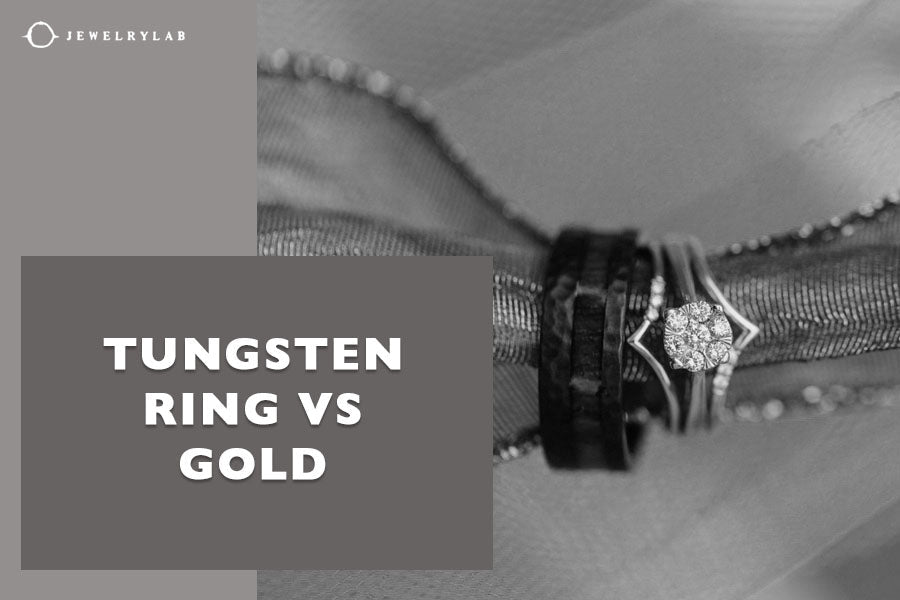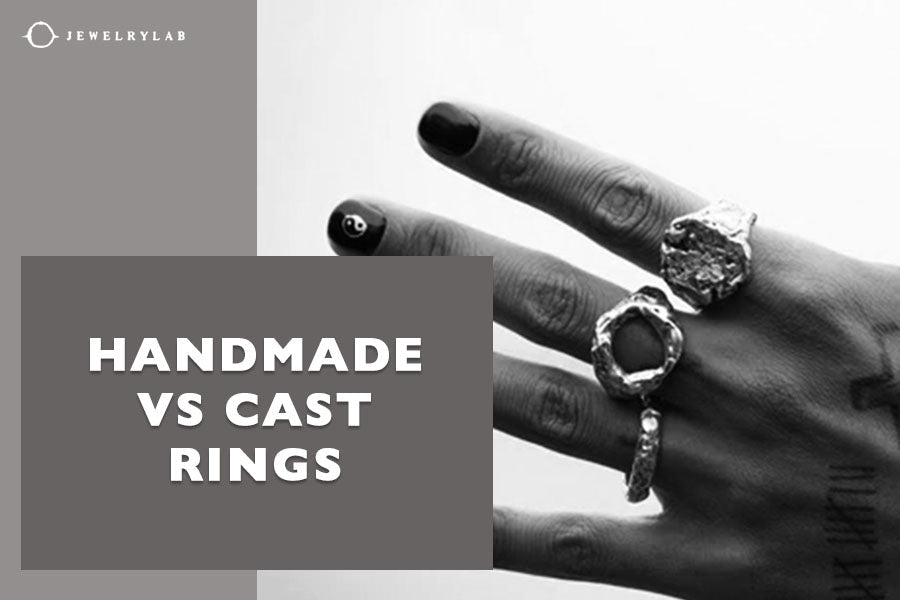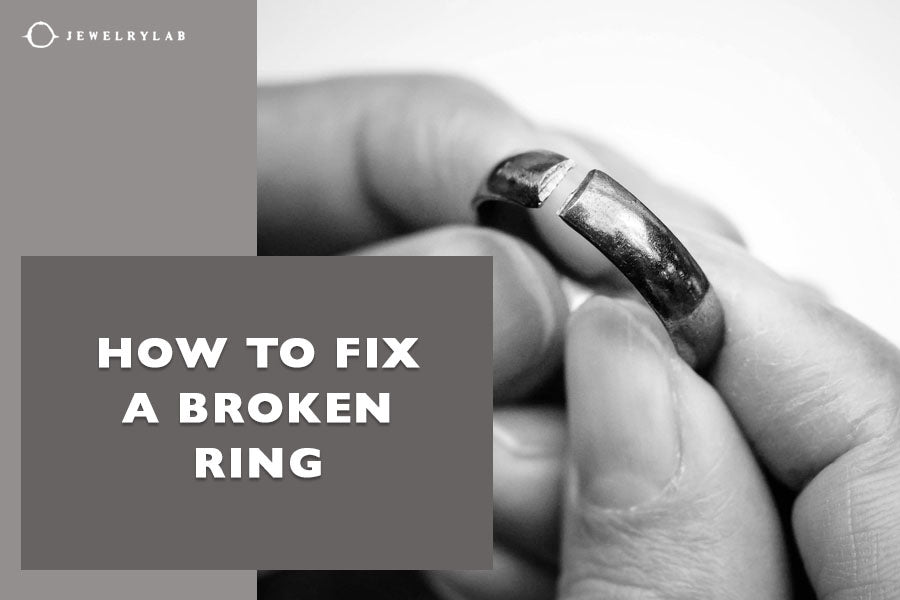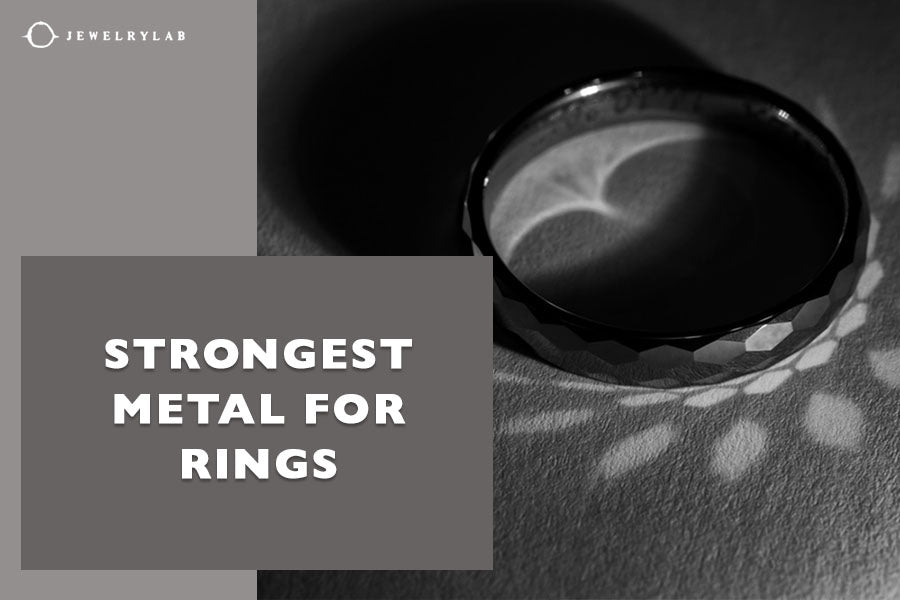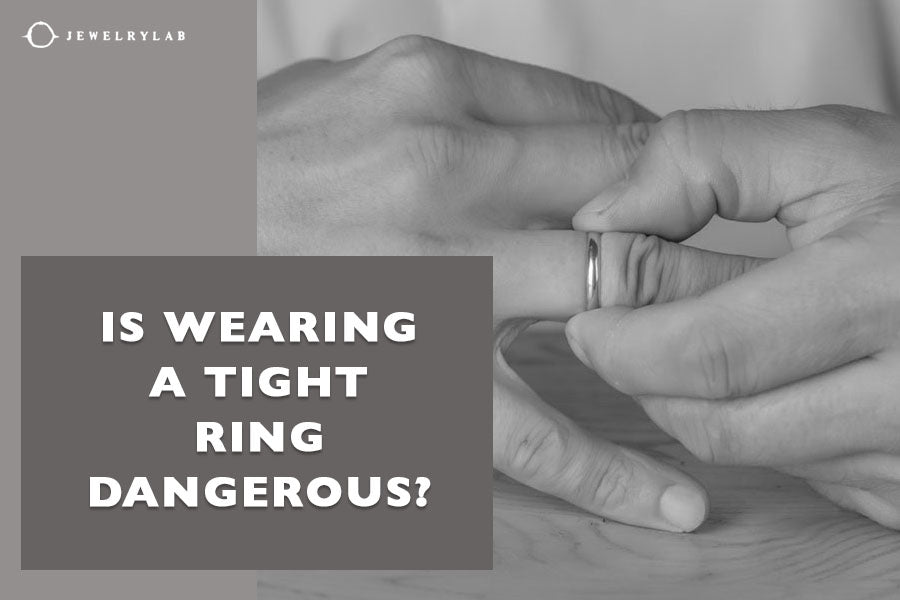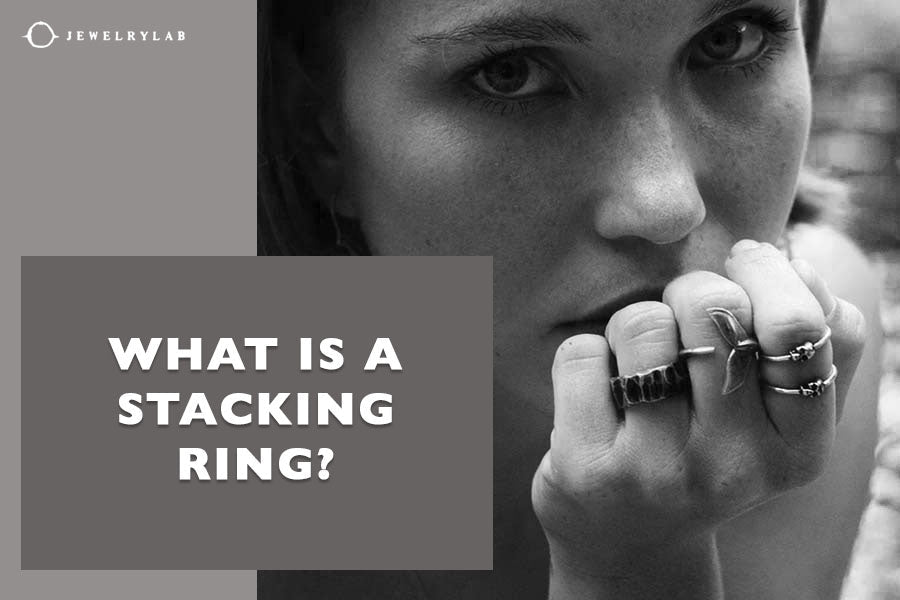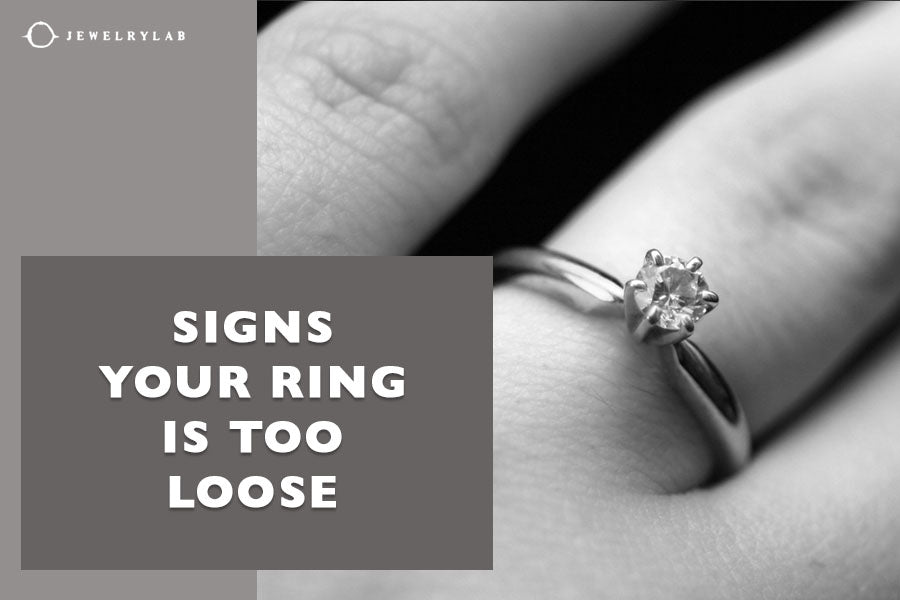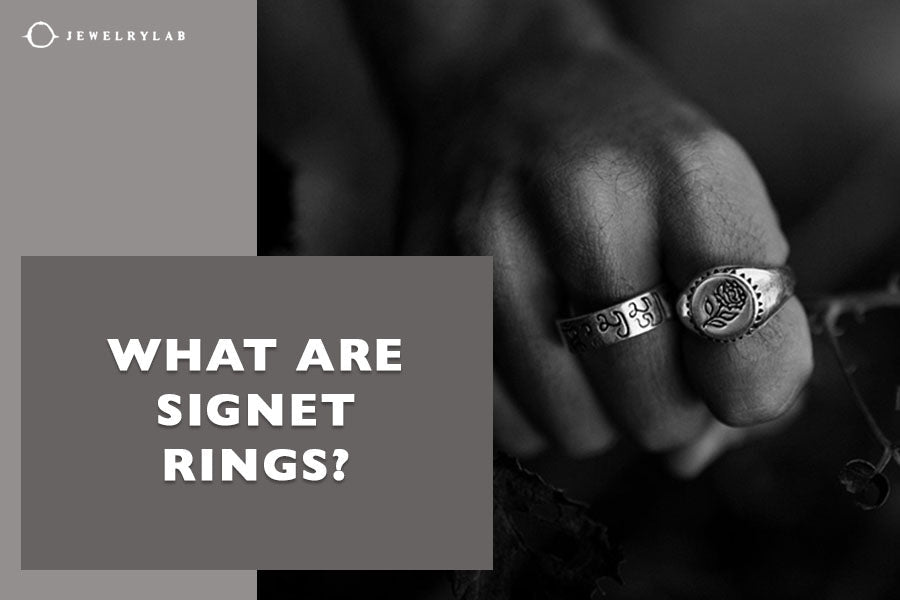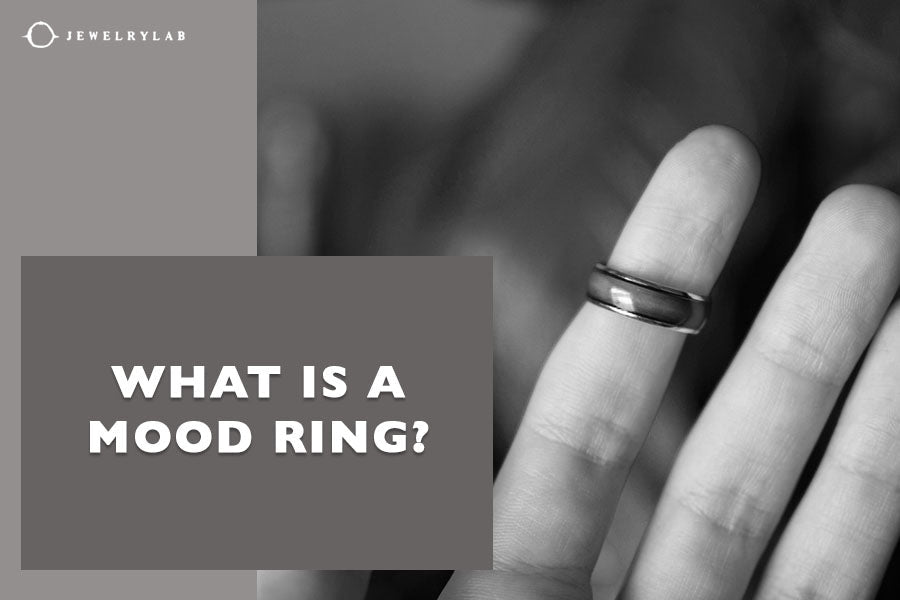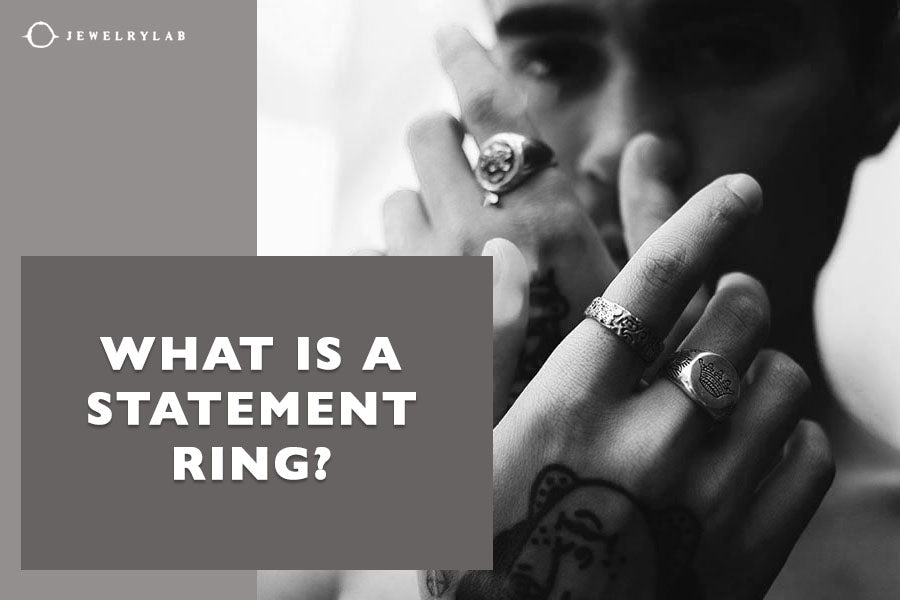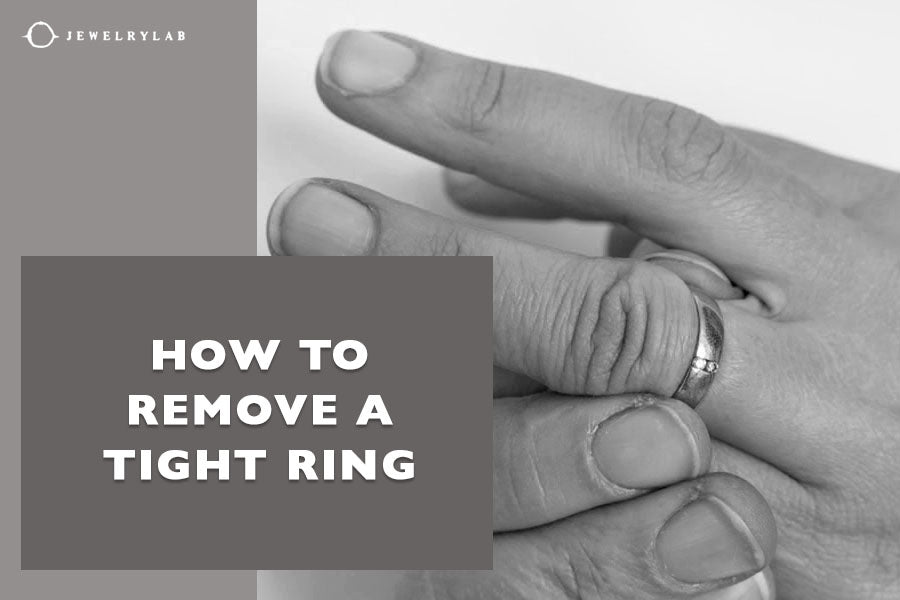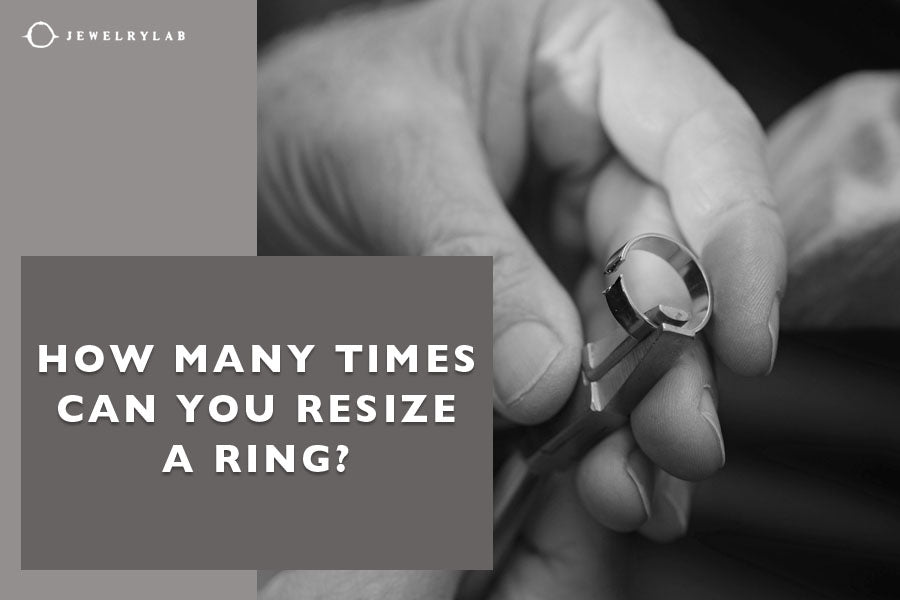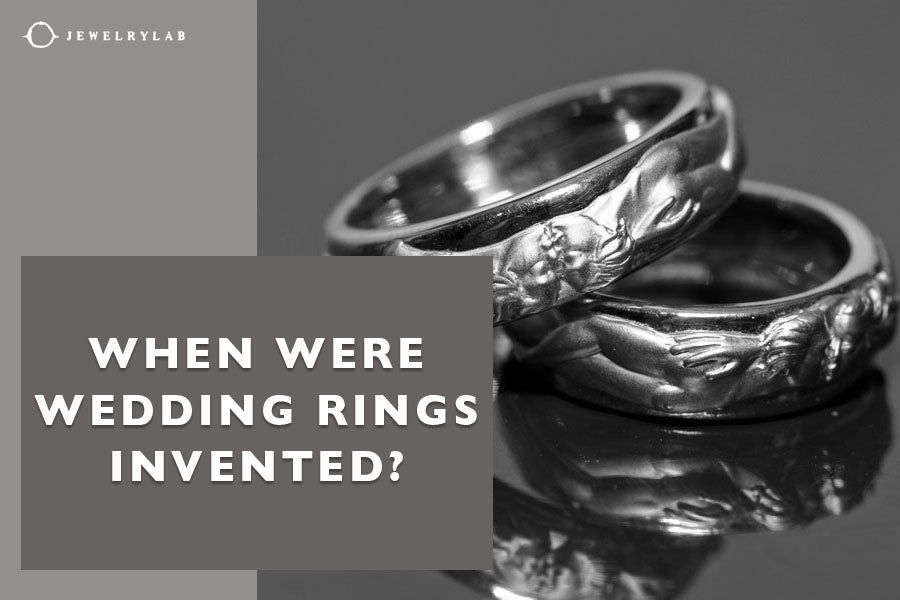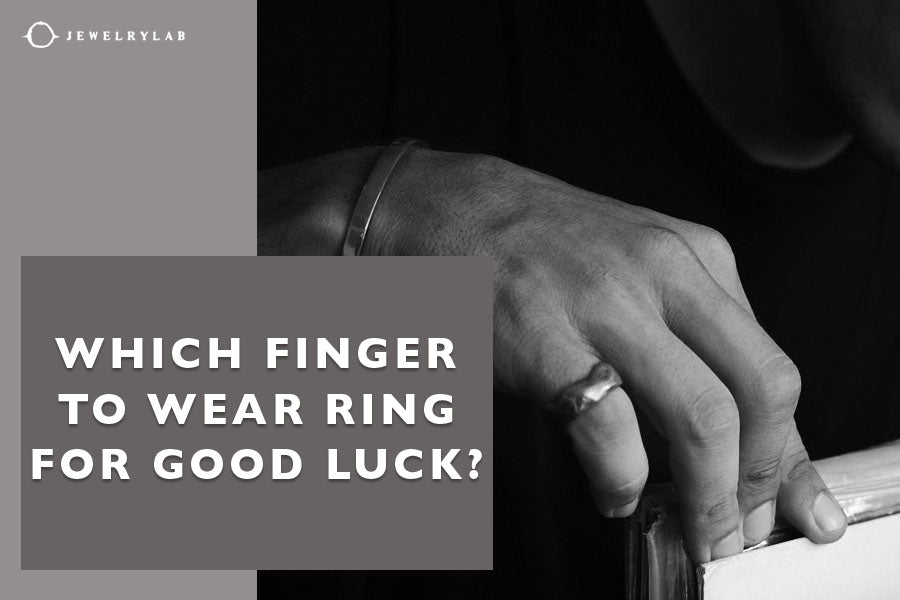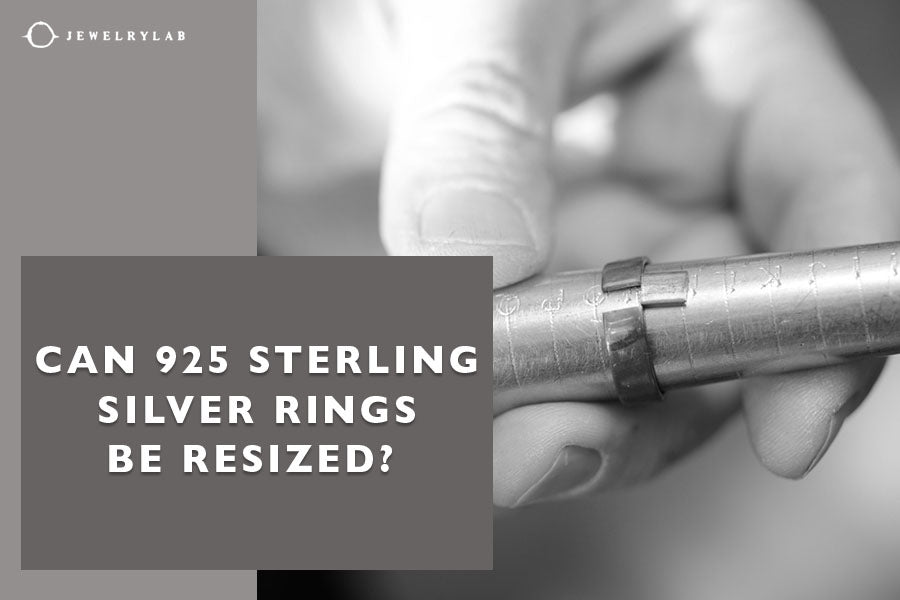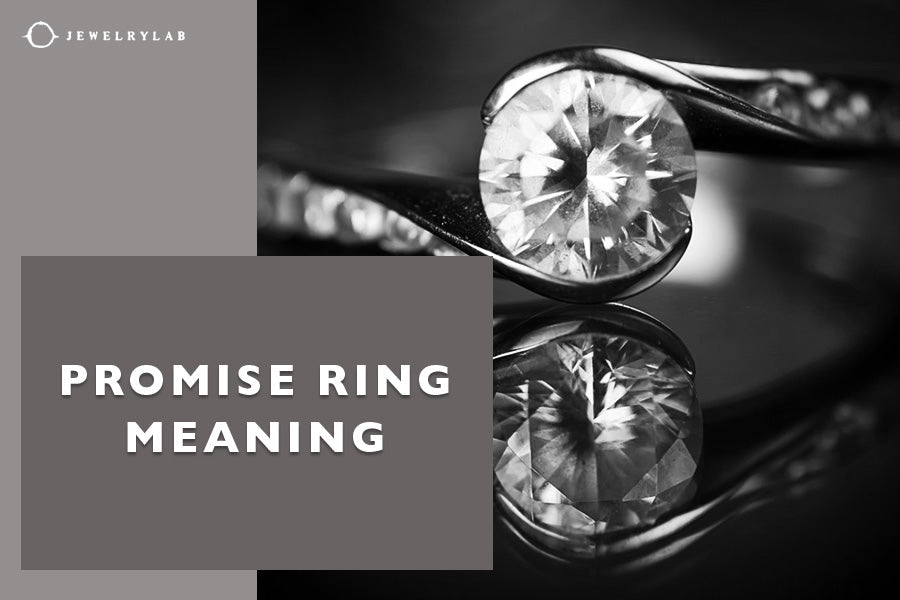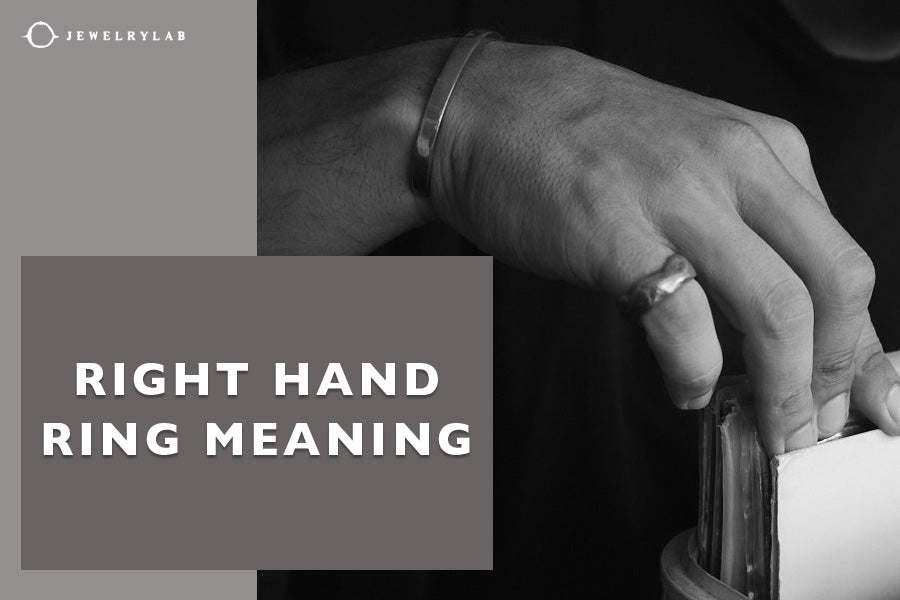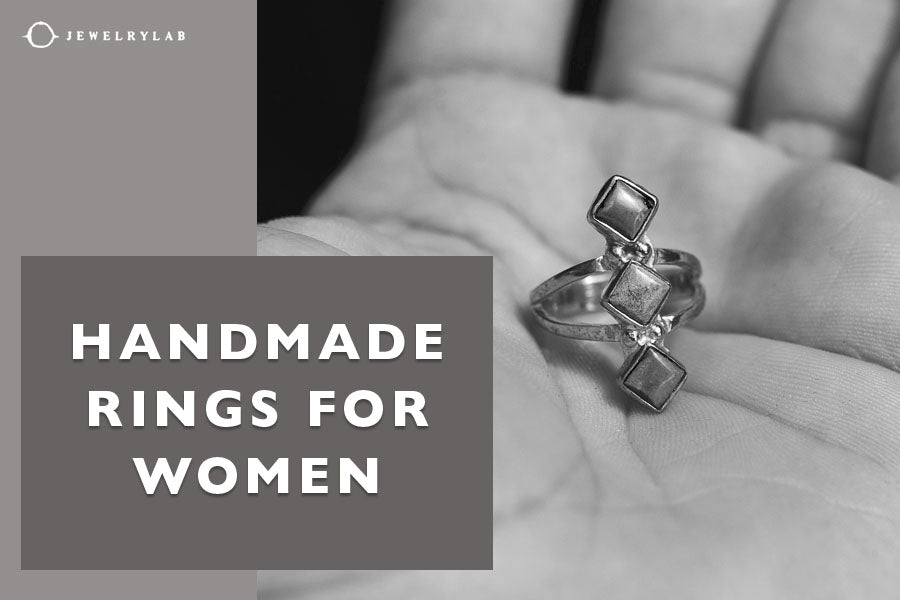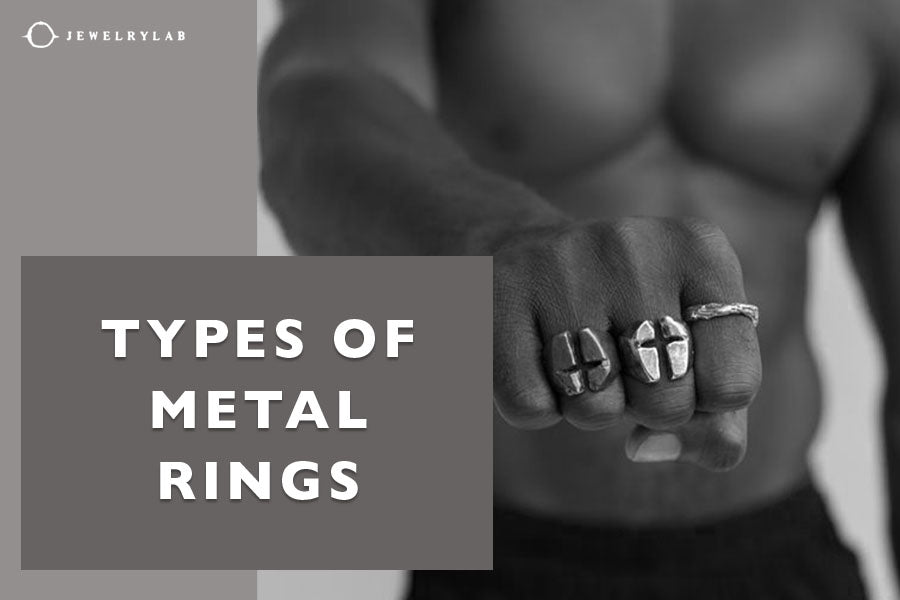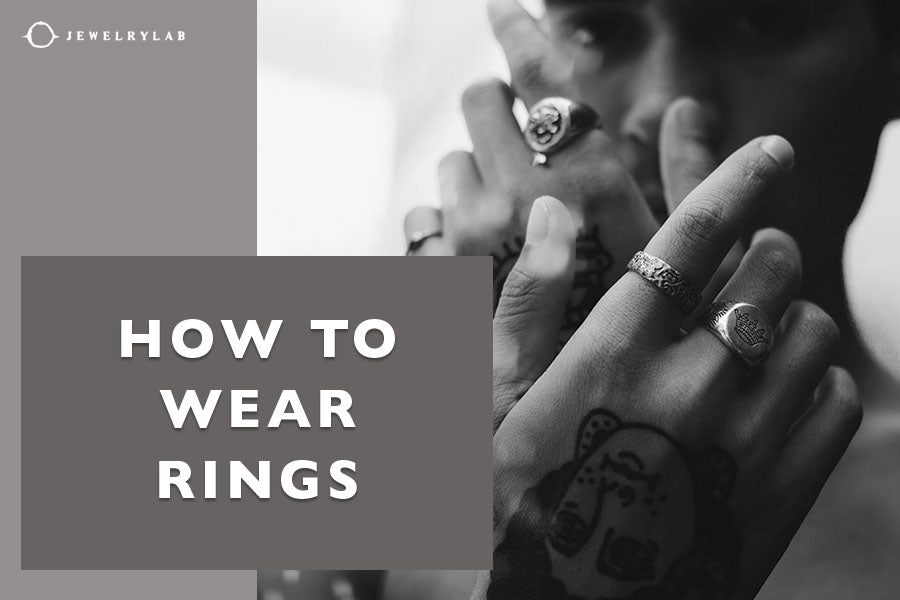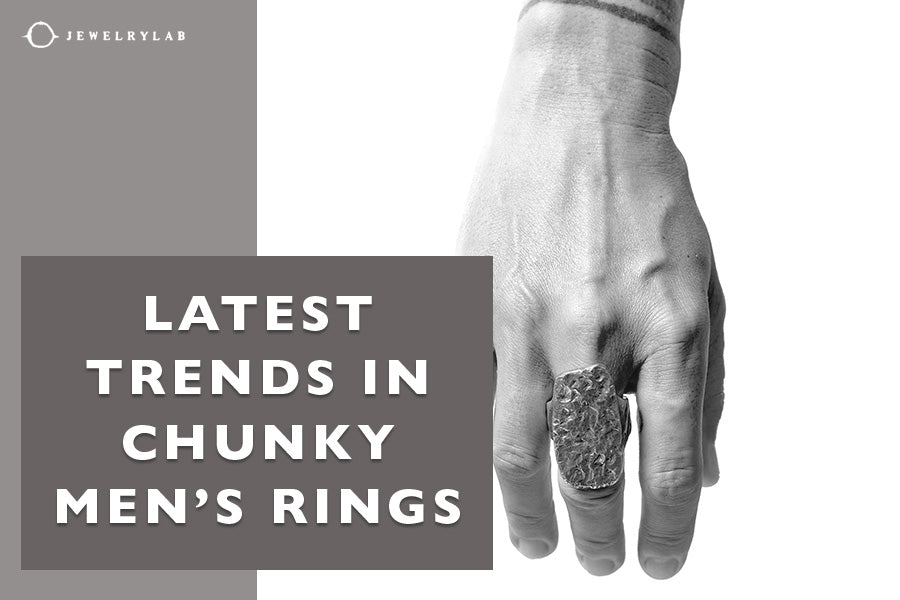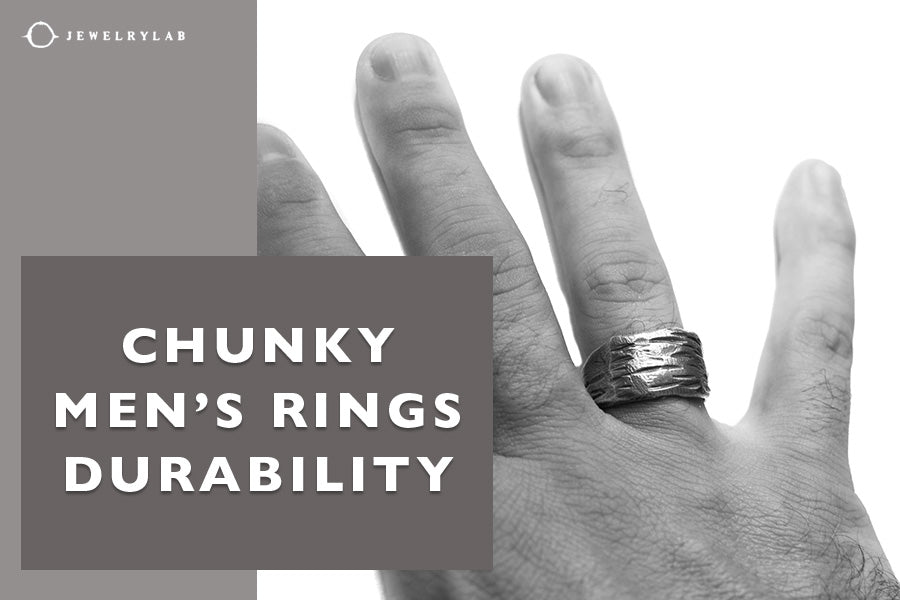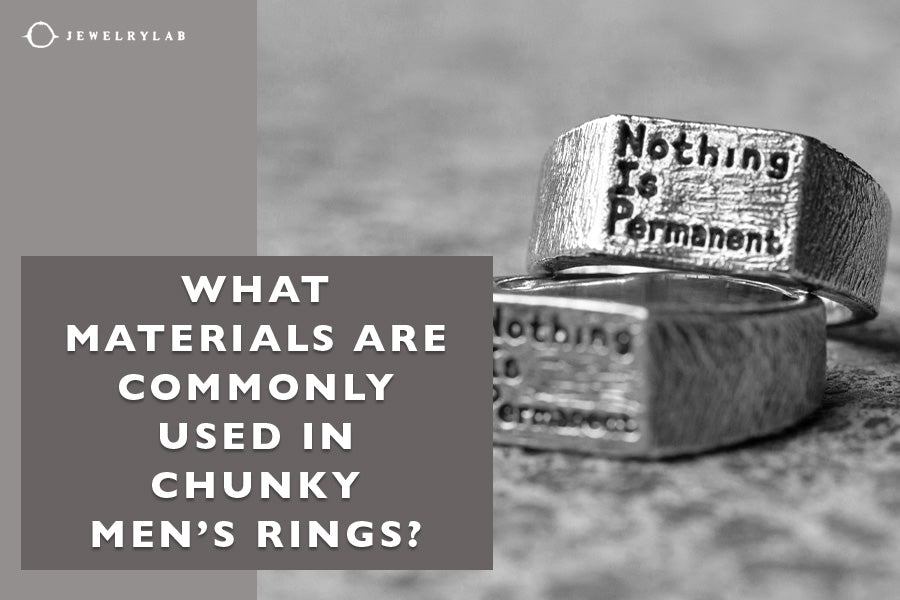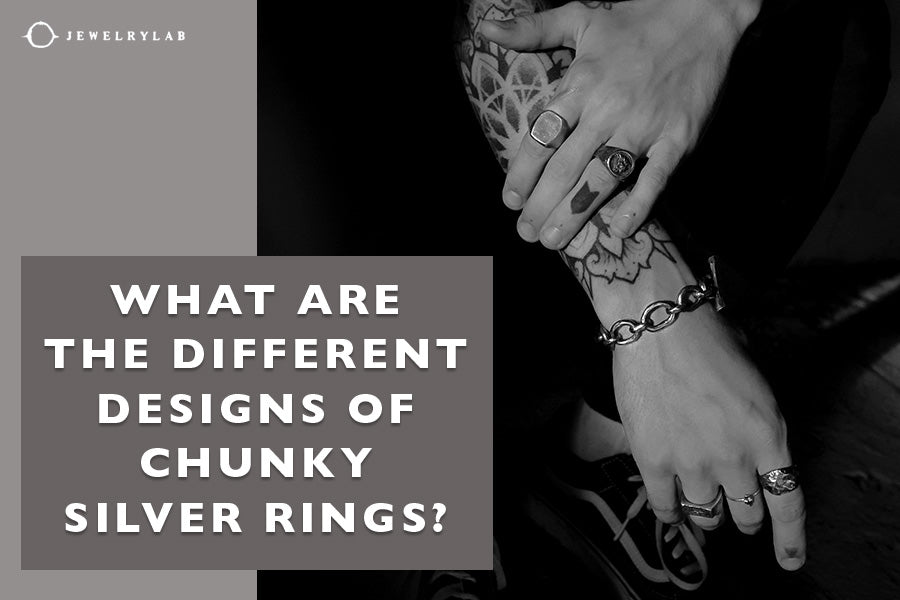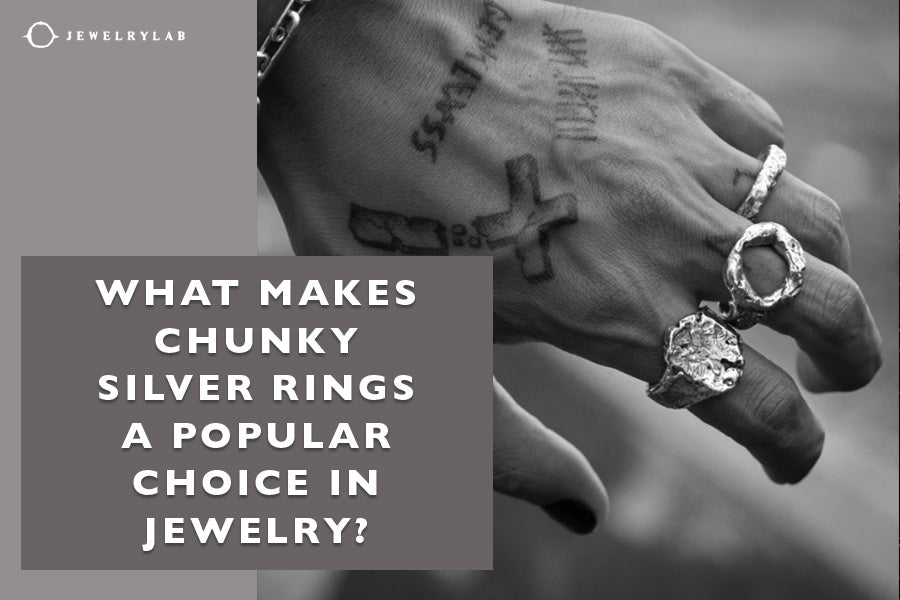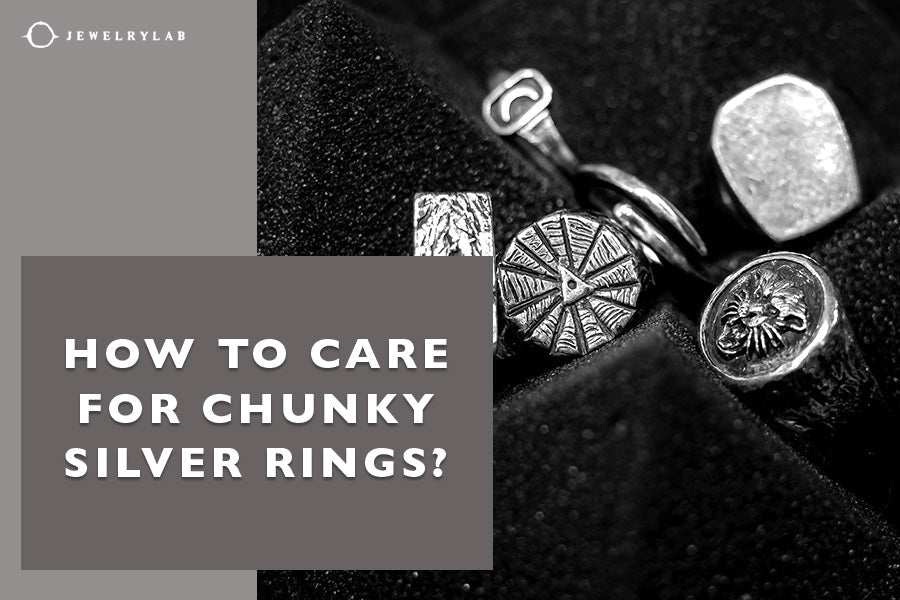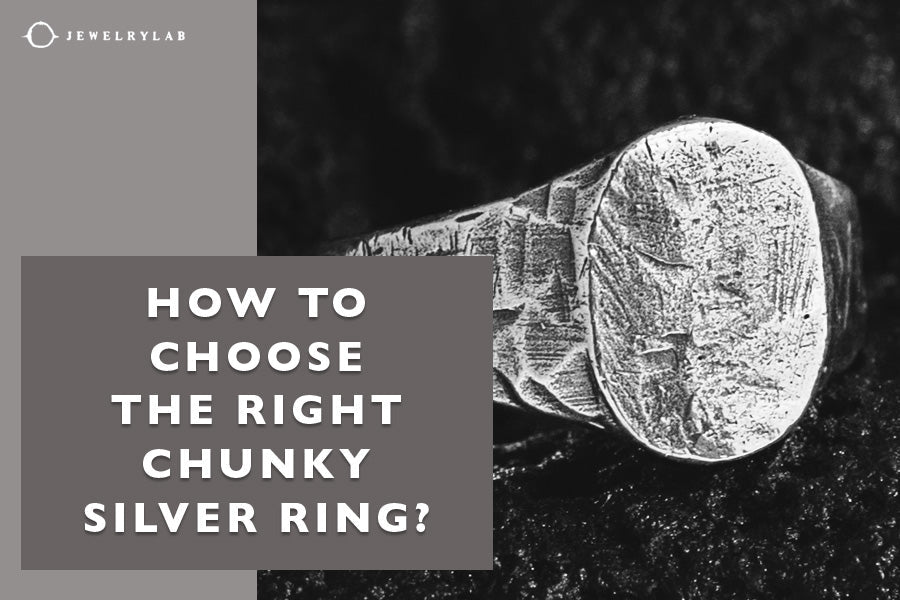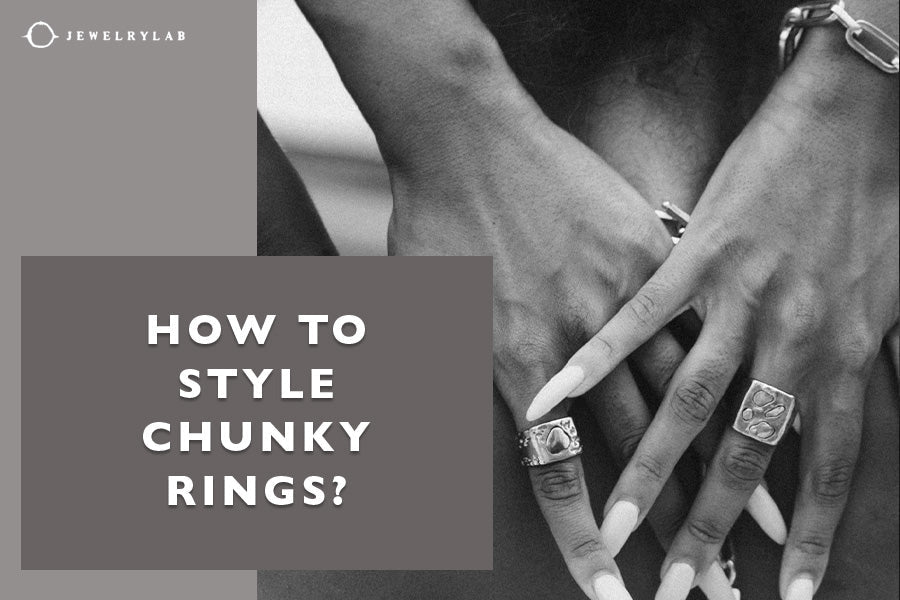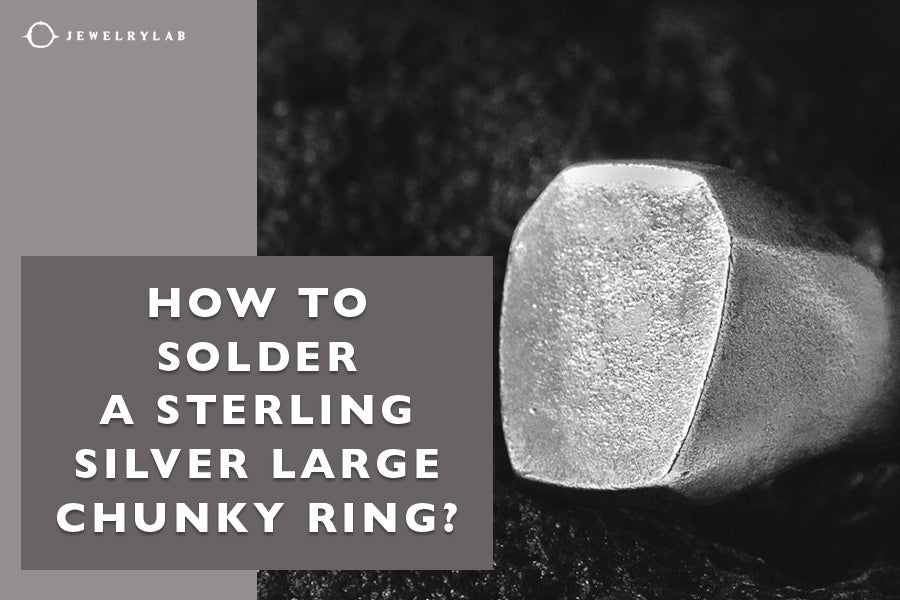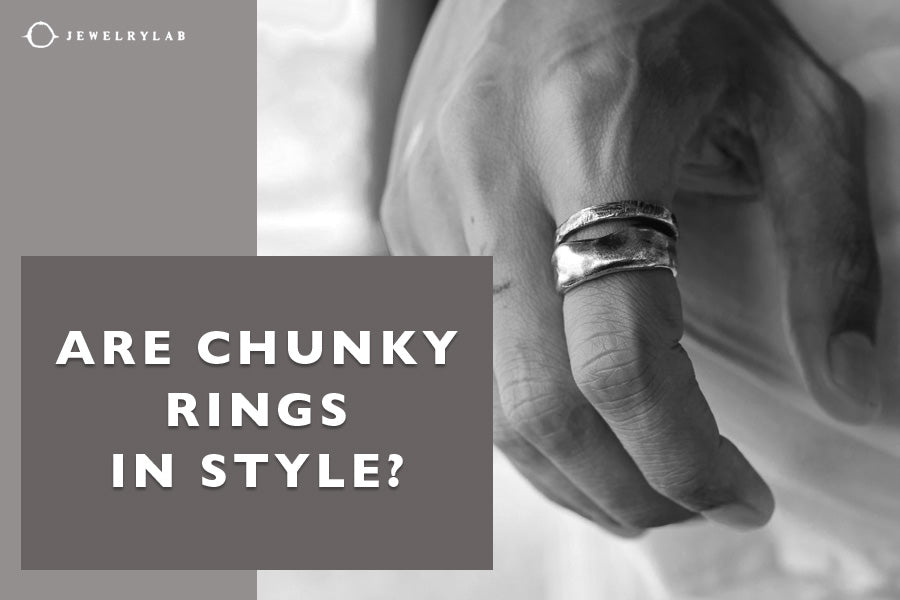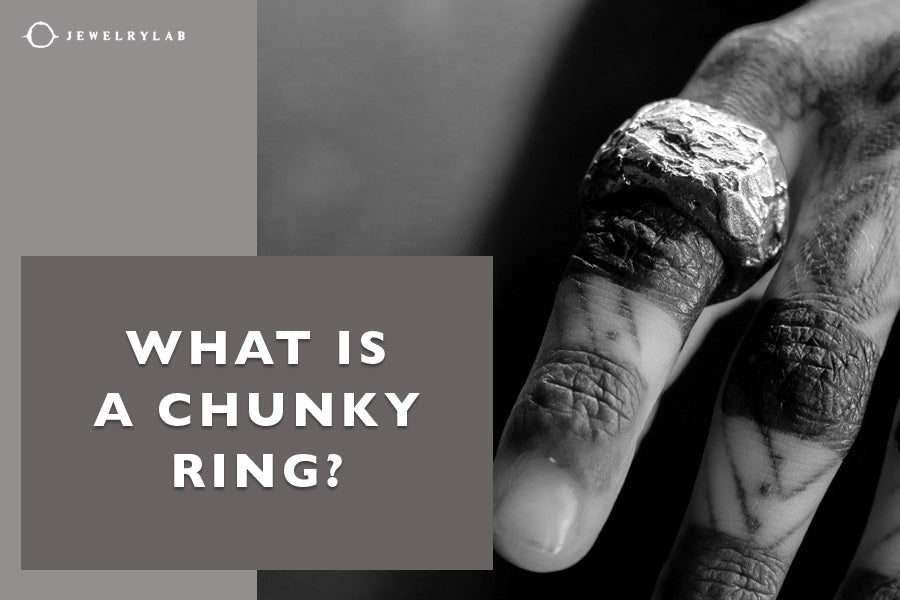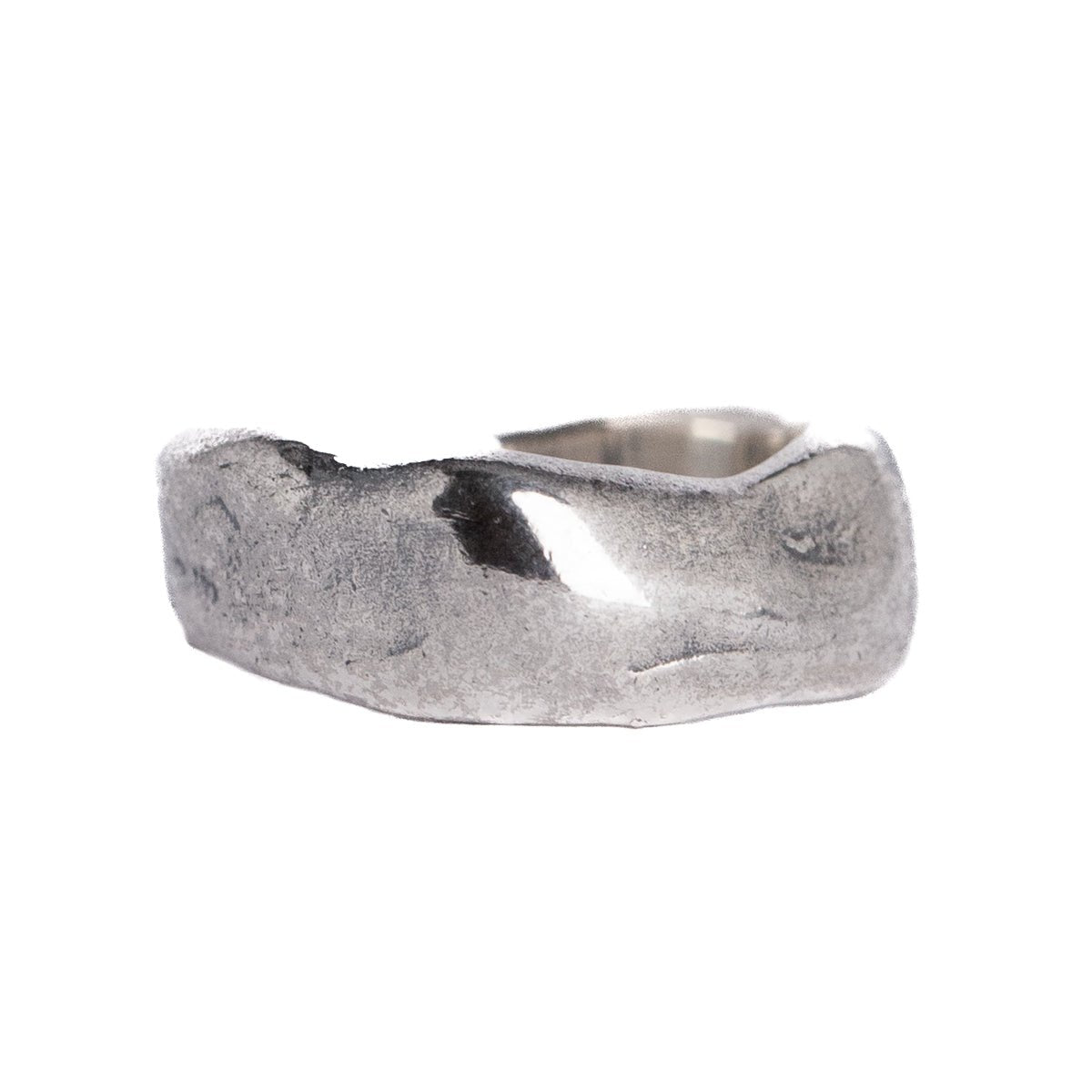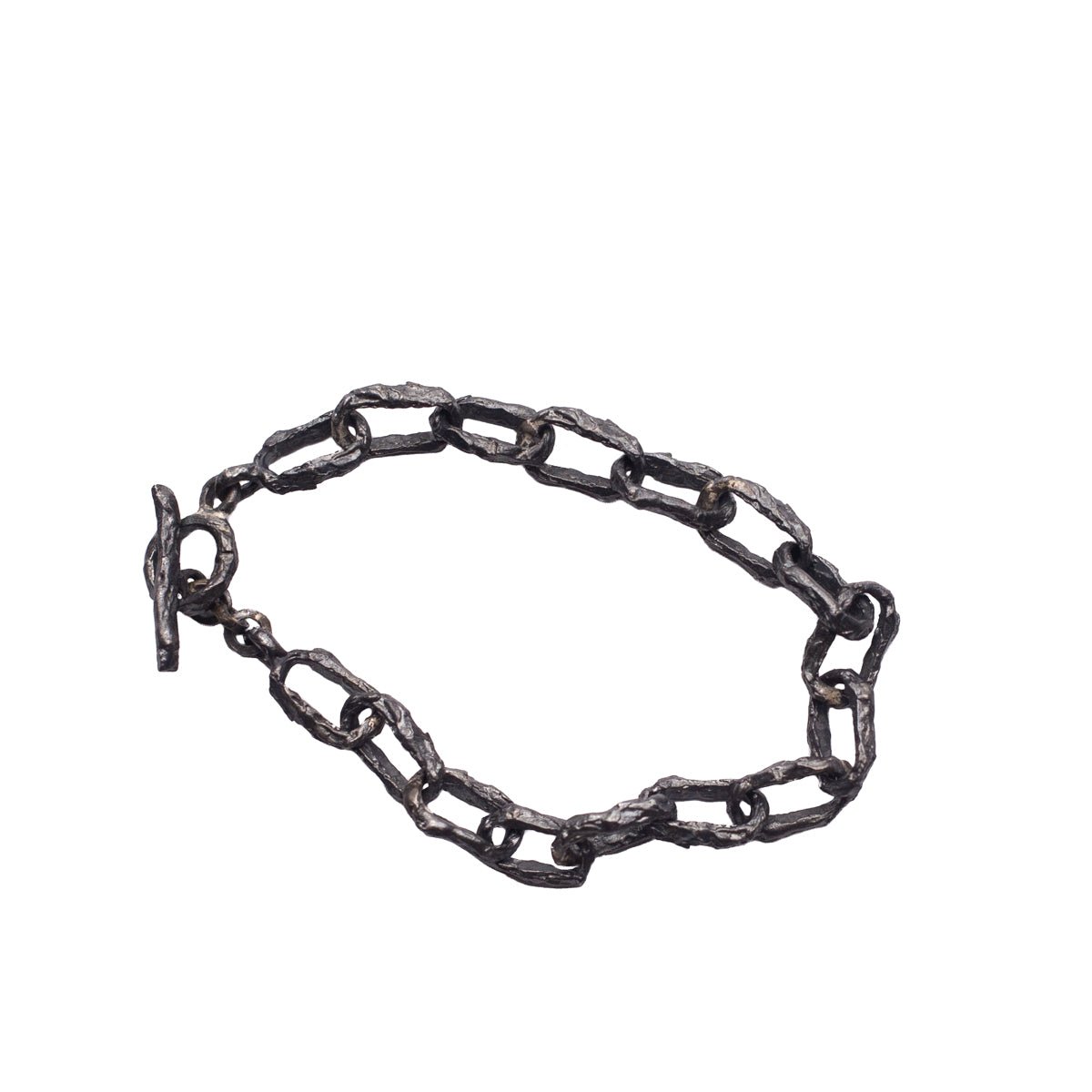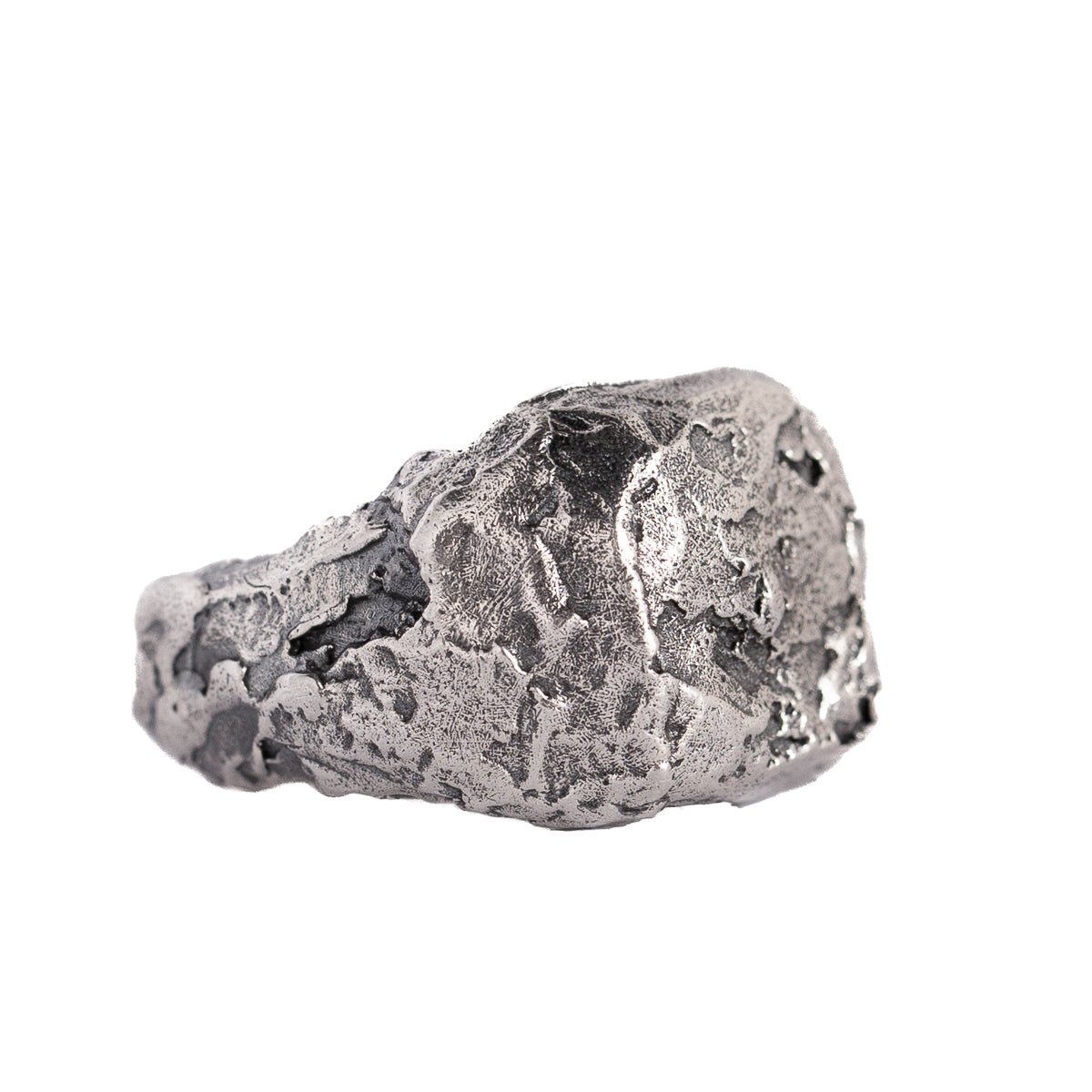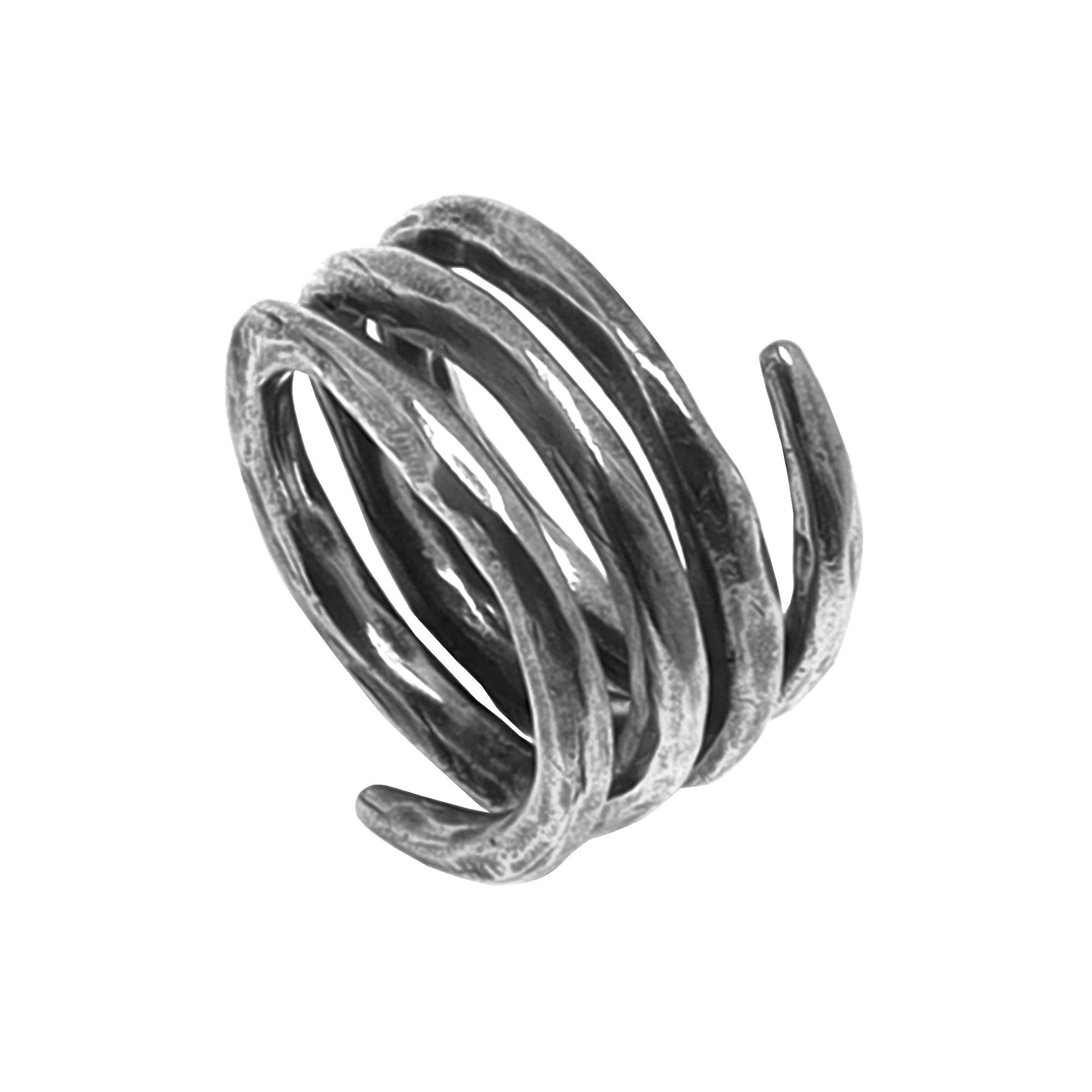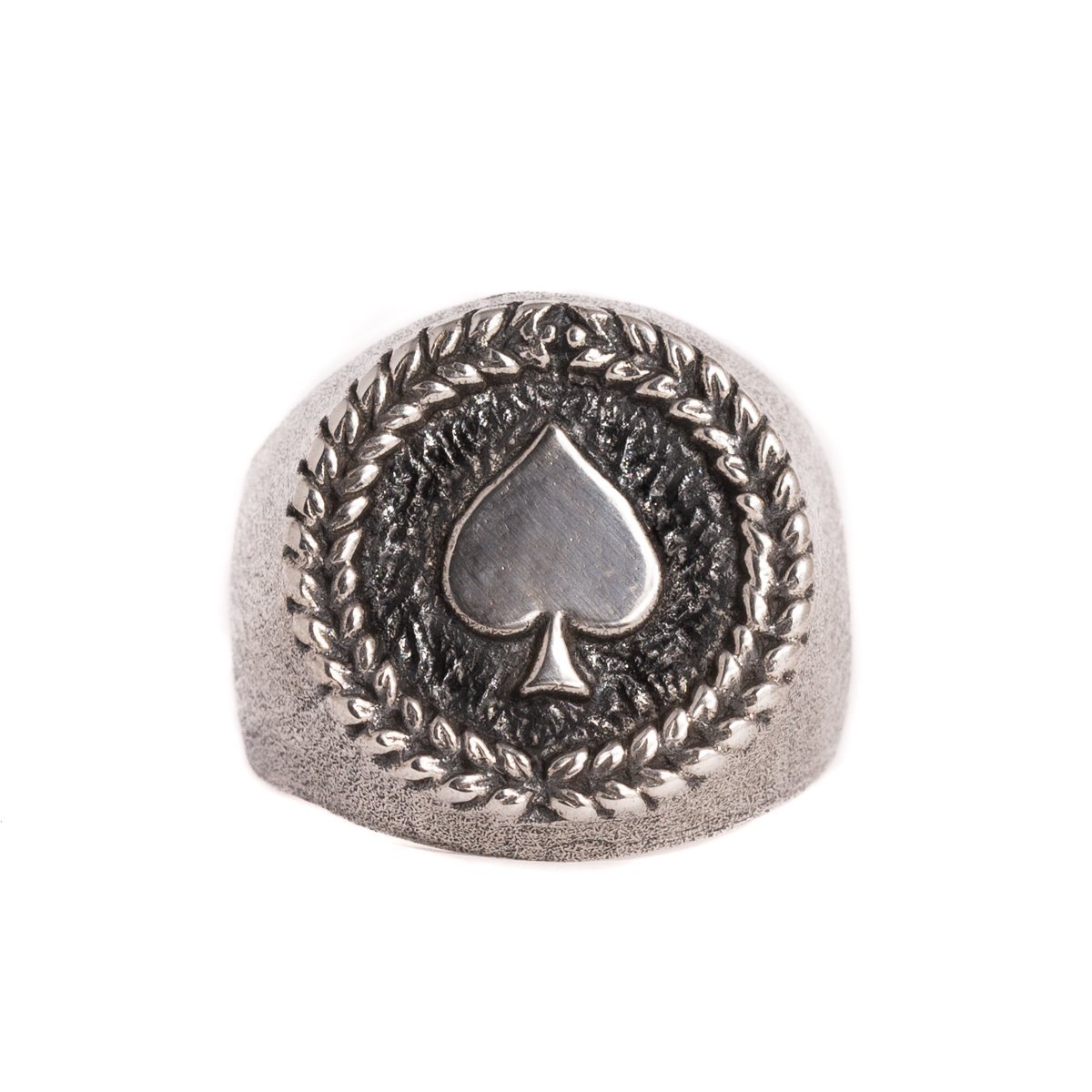by Jesús Zabala - 4 min read
Will Sterling Silver Turn Your Finger Green?
Many people love sterling silver jewelry, which, with proper care, can last a lifetime. Yet some are concerned that wearing sterling silver causes skin discoloration. So, will sterling silver turn your finger green?
As you may know, green is one of the most common skin discolorations caused by jewelry. In this article, we will provide the answer and help you distinguish between tarnish and skin discoloration.
Let’s dive in!

Source: shutterstock.com
Will Sterling Silver Turn Your Finger Green?
Sterling silver is an alloy composed of 92.5% pure silver and 7.5% other metals, such as copper. This combination makes silver more durable and stronger, which is otherwise too soft. Copper also contributes to skin discoloration. That said, the higher tarnishing rate of sterling silver is due to the copper in the silver-copper alloy.
When sterling silver tarnishes, it undergoes a chemical reaction with sulfur compounds in the air, forming a dark layer of silver sulfide. So, does 925 sterling silver turn your finger green?
The copper content can also react with moisture and acids from the skin, as well as other environmental factors like humidity and sweat, leading to the formation of copper salts. These salts can leave a greenish residue on the skin. So, it is not the sterling silver that turns your finger green, but the copper in it.
Factors contributing to skin discoloration might also include individual skin chemistry, environmental conditions, lotions, and perfumes, which can stimulate tarnishing. People with higher acidity in their sweat may be more prone to experiencing discoloration.
Although green fingers are harmless, simple steps like regular cleaning and proper care of sterling silver might reduce these effects. This will keep both the jewelry and the skin free from unwanted reactions.
Other factors to consider
Other factors besides tarnishing can influence reactions to sterling silver jewelry. Some people may experience skin sensitivities or allergic reactions to metals like nickel, which might be present in lower-quality silver alloys or used in coatings.
The good news is that high-quality sterling silver jewelry is not made with nickel, which possibly reduces the risk of irritation. Coatings or platings, like rhodium, are often applied to sterling silver to make it shinier and prevent tarnish. While generally beneficial, these coatings might wear off over time, exposing the skin to reactive metals.
For this purpose, we recommend purchasing high-quality sterling silver from reputable sources like JewelryLab. Reputable sellers follow standards that might reduce the use of potentially irritating metals and ensure the longevity and safety of the jewelry. We also advise maintaining your sterling silver pieces carefully and regularly to extend their lifespan.
The Difference Between Tarnish and Skin Discoloration
Tarnish and discoloration are two distinct processes affecting sterling silver, although they're frequently related. Tarnish is a surface reaction where sterling silver reacts with sulfur compounds in the air, forming a dark layer of silver sulfide. This natural process affects the silver’s appearance, making it look dark.
On the other hand, skin discoloration happens when the copper in sterling silver reacts with acids and moisture from the skin, as well as environmental factors like sweat and humidity. This reaction can produce copper salts, which leave a greenish residue on the skin.
While tarnish affects the jewelry itself, skin discoloration affects the wearer. Both can be minimized with regular cleaning and proper care of sterling silver jewelry.
How to Stop Silver Ring From Turning Finger Green
To prevent a silver ring from turning your finger green, we advise you to consider these tips:

Conclusion
The sterling silver alloy contains copper, which reacts with moisture and skin acids to leave a greenish residue on the skin. So, will sterling silver turn your finger green?
It is a myth that sterling silver turns your finger green. It is the copper that does that. Other factors besides copper contribute to this, such as individual skin chemistry, environmental conditions, lotions, and perfumes.
We advise you to follow our tips on how to stop silver ring from turning finger green. Also, it is important to opt for high-quality sterling silver, keep your hands dry, clean your rings regularly, and, if needed, apply a barrier to the ring.
Take care of your sterling silver jewelry!
-
DESIGNED & HANDMADE IN BALI
-
FREE RESIZING FOR EVERY PIECE
-
FREE SHIPPING ON $150+ ORDERS
-
100% SAFE & SECURE CHECKOUT

